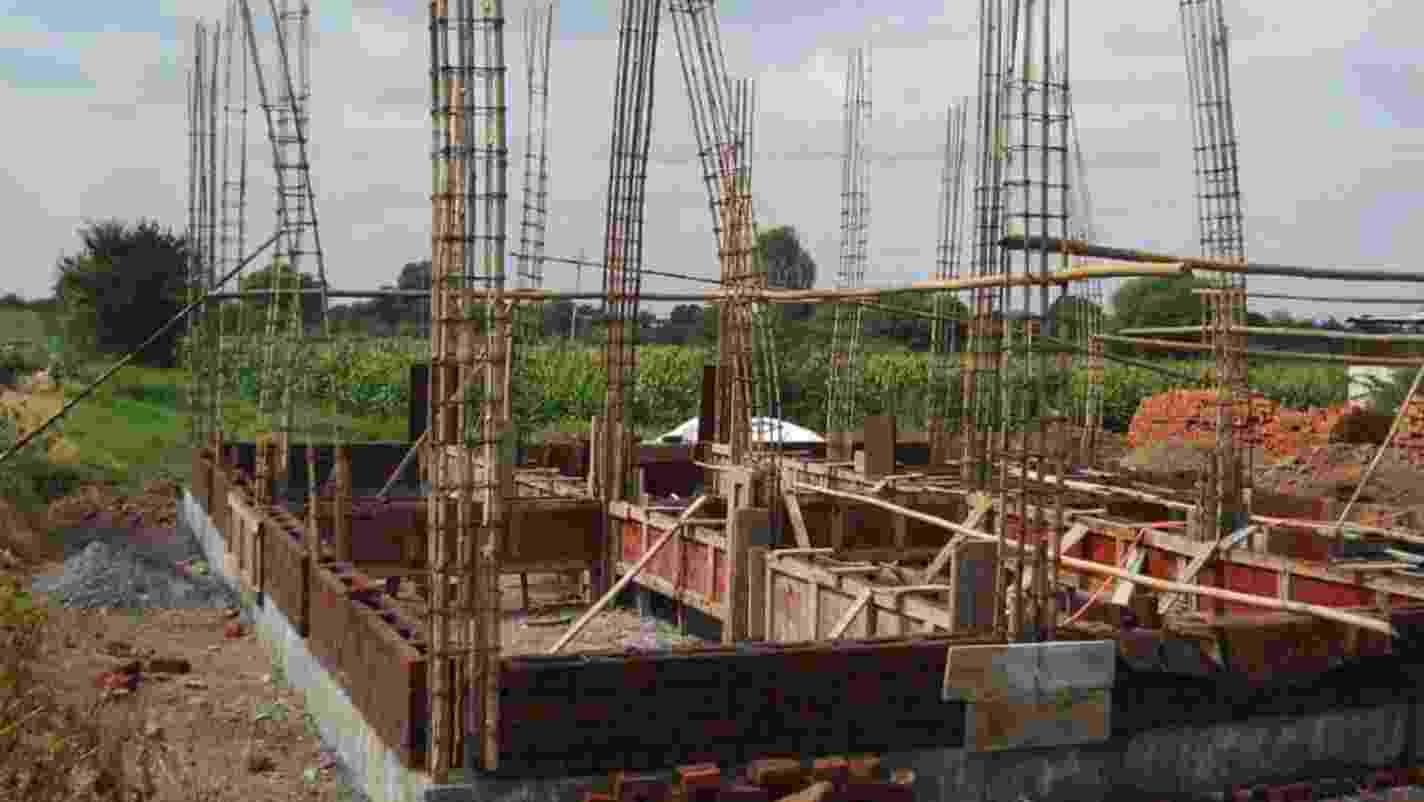With the advent of high prices of iron rods in the construction industry, experts have endorsed the use of bamboo as an effective replacement for steel in reinforced concrete.
They said the adoption of bamboo if approved by the authorities would revolutionise the building industry and finally provide an alternative to the monopoly of reinforced concrete.
The Guardian learnt the material’s tensile strength has continued to arouse interest as architects and engineers, inspired Nigerian professionals to investigate the possibility of using natural bamboo for housing.
Market research by The Guardian has also revealed that cost of the steel and cement products have affected the building industry and hampered low-income houses. Currently, 8mm is sold for N2,100 per tonne, 10mm (N4,650), 12 mm(N8,300),16 mm(N13, 200) and 20 mm (N20,700).
However, they said the natural form of bamboo poses many problems when it is used as reinforcement in concrete. Bamboo, if left untreated, can swell with water and rot. Shrinkage and long-term durability are some of the drawbacks of using natural bamboo in structural concrete, which result in its segregation from the concrete matrix.
According to Future Cities Laboratories, steel is not irreplaceable. Steel-reinforced concrete is the most common building material in the world, and developing countries use close to 90 per cent of the cement and 80 per cent of the steel consumed by the global construction sector.
However, only a few developing countries have the ability or resources to produce their own steel or cement. Bamboo possesses some of the same sustainability benefits as timber when employed as a building material because as a form of plant matter, it’s a completely renewable resource that can be rapidly replenished by means of natural processes.
It grows much faster than wood, it is usually available in great quantities, and easy to obtain. It is also known for its unrivalled capacity to capture carbon and could, therefore, play an important role in reducing carbon emissions worldwide – another advantage for developing nations in light of the trade-in carbon emission certificates.
President, Building Collapse Prevention Guild (BCPG), Mr. George Akinola, an architect, told The Guardian that bamboo belongs to the botanical family of grasses and is extremely resistant to tensile stress and is, therefore, one of nature’s most versatile products; extremely strong both in tensile and compression.
“When we use steel in reinforcements, steel is tensile while the concrete is the compression strength. When it comes to lightweight construction, people can use bamboo,” he said.
Akinola explained that bamboo, apart from its known qualities, saves concrete for the builder as it occupies a large concrete space and has zero processing. He, however, advised that for builders to gain from its internal benefits in construction and ensure longevity, they have to adopt modern-day preservation techniques.
Mr. Charles Oresanwo, an engineer, cautioned on the use of the material without adequate research. “Our regular timber is hardly treated and the bamboo, we use currently is not treated. There is a process that it undergoes, which we aren’t patient to undertake. We need to study the species and test run it,” he said.
“We cannot use bamboo to replace steel directly as the tensile strength alone is not enough, even though bamboo is found to be stronger and stiffer than other construction materials.
“Extensive research is already underway to eliminate all these shortcomings and boost the existing properties of bamboo. These studies focus on the mechanical and physical properties of the plant and on finding the species that are most useful.
“The Swiss Federal Institute of Technology, Zurich, is developing a bamboo composite called the BambooTECH, which they believe can replace steel with its strength, high versatility and durability,” Oresanwo said.
A senior government official agreed that bamboo has tensile strength, but queried its lifespan. “Will bamboo degrade over time while encased in concrete or will it retain its properties?,” he asked.
He said: “The bamboo ought to have been sanded with bitumen to allow the bamboo to bond properly with the concrete. If the concrete is well compacted with the bamboo, it is workable; if not, it will be a disaster.”




